Rev. James Lawson, Civil Rights Icon, Dies at 95
Civil Rights Icon Was Honored Guest at Several Recent Santa Barbara Celebrations of Peace and MLK Day
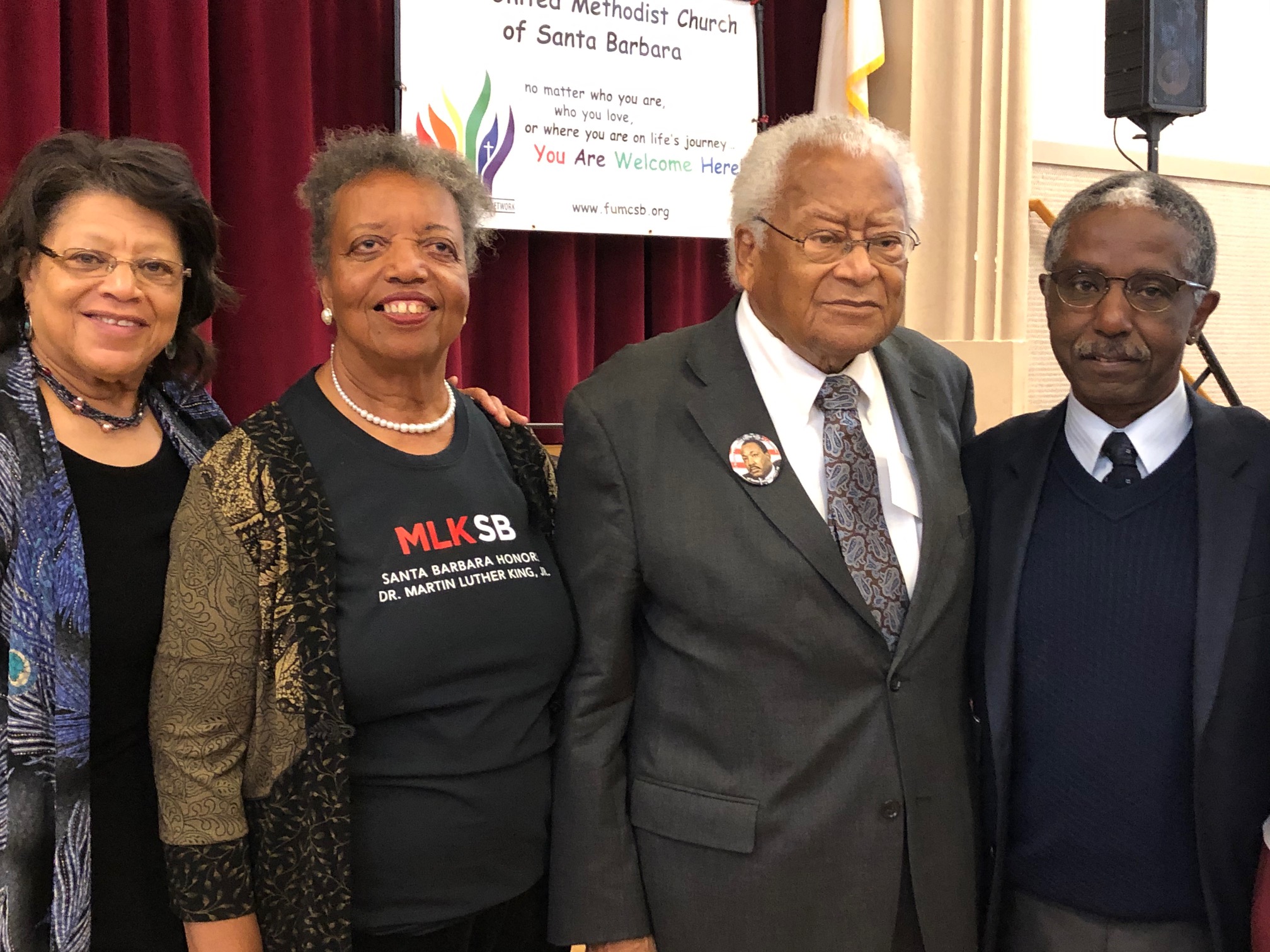
The Reverend James Lawson, an icon in the nonviolent fight against Jim Crow laws in the United States, died on June 9 at the age of 95. He was often an honored guest at Santa Barbara celebrations of peace and MLK Day remembrances, in recent years, an easy traveling distance from his home in Los Angeles, where he had been a pastor at Holman United Methodist Church from 1974 to 1999.
The son and grandson of Methodist ministers, Lawson joined Dr. Martin Luther King Jr. in the civil rights struggle in Tennessee, where he had moved to Vanderbilt University’s Divinity School from Oberlin College’s graduate school of theology in Ohio, where he had grown up. Dr. King had asked Lawson to train young people in Mohandas Gandhi’s tactics and tools of civil disobedience and nonviolence, which Lawson had studied during the three years he spent in India as a missionary. Among his students were John Lewis, Diane Nash, James Bevel, and Bernard Lafayette, who in turn went on to become leaders in King’s Southern Christian Leadership Conference, as well as the Little Rock Nine.
Their work became the first of the organized sit-ins at lunch counters, with young Black college students answering coffee poured over their heads and physical body blows with passive resistance. Lawson’s arrests at protests led to his expulsion from Vanderbilt, which resulted in a furor: Professors resigned and students demonstrated, demanding the school reinstate him. Vanderbilt offered to do so — and subsequently created a chair, scholarships, and an institute to study the nonviolence movement in his honor — but Lawson finished his theology degree at Boston University in 1960.
Among the many roles Lawson had in the civil rights movement, he became a mentor to the Student Nonviolent Coordinating Committee (SNCC, pronounced “SNIK”), a group that Santa Barbara’s E. onja Brown had joined as a young woman in Harlem. Now a retired educator and the chief mover-and-shaker for Santa Barbara’s annual MLK Day events, Brown participated in 1963’s March on Washington with the New York contingent of the SNCC and heard Dr. King deliver his “I Have a Dream” speech.

“I asked Rev. Lawson about his experience with Martin,” Brown said, “and he believed that he was not afraid of anything, that his was a calling; he could not walk away.” Brown questioned him about nonviolence, saying some people thought things could come to a point where you had to fight back. “He said he didn’t believe in physically fighting back,” she said. “Violence was a no-win situation. You couldn’t win; you would be destroyed,” Brown recalled. “He totally believed what Dr. King believed: That if you loved your enemy, that would eventually convince the person that you were a good person. Nonviolence would win over your enemy.”
Lawson would recall the events of the day that led to this path. He’d been running errands when he was suddenly called the N-word by a child in a parked car. Lawson was only 8 at the time, but in telling his mother about how he’d slapped the other child, without turning from her work, she asked, “Jimmy, what good did that do?” he recounted in 2017 for a United Methodist videographer. After a long soliloquy about who they were and the love of God in their home, “Her last sentence was, ‘Jimmy, there must be a better way,’” he said.
While peace in the face of confrontation might have become Lawson’s way, he didn’t mince his words. When he accepted the Nuclear Age Peace Foundation’s distinguished leadership award in 2010, he answered a reporter’s question about how he became involved in civil rights with a laugh and “I was born Black in Pennsylvania.” He went on to talk about the county’s history of romanticizing violence: “I have found that the American romanticism on the efficacy of violence is what is causing great harm in [our] country. And that, in many ways, threatens our future. You put the amount of money we put in the war over the last four years into quality education, affordable housing, and health care, and this world would be vastly further advanced.”
Age did not diminish Lawson’s activism. When he came to Santa Barbara’s MLK Day events on January 22, 2020, organizer Hymon Johnson remembered how agile Lawson was in his thinking, and how cold he became in speaking of Donald Trump. “He thought Trump was the personification of evil,” Johnson said.
To the crowd that gathered at the Arlington Theatre to honor Dr. King, Lawson called the president “a force of spiritual wickedness.” The challenge would be a convincing win at the ballot box, Lawson said four years ago: “This is the first tyrant at this level we’ve ever had.”


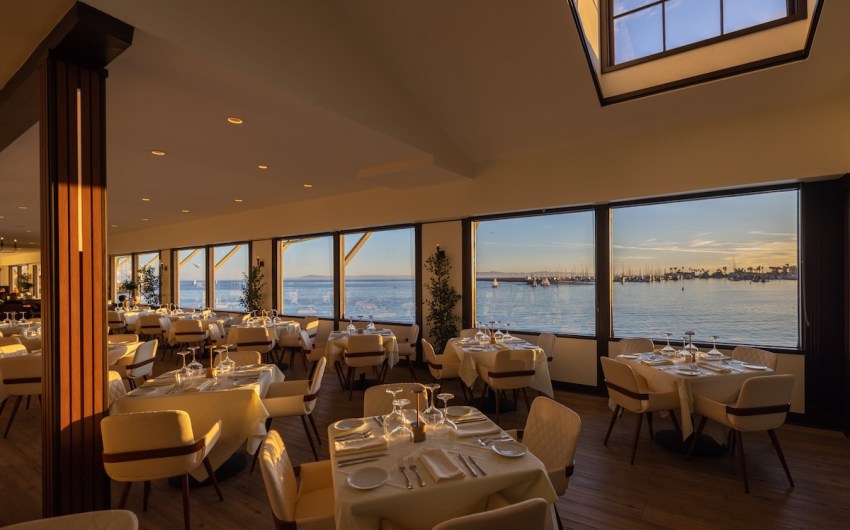
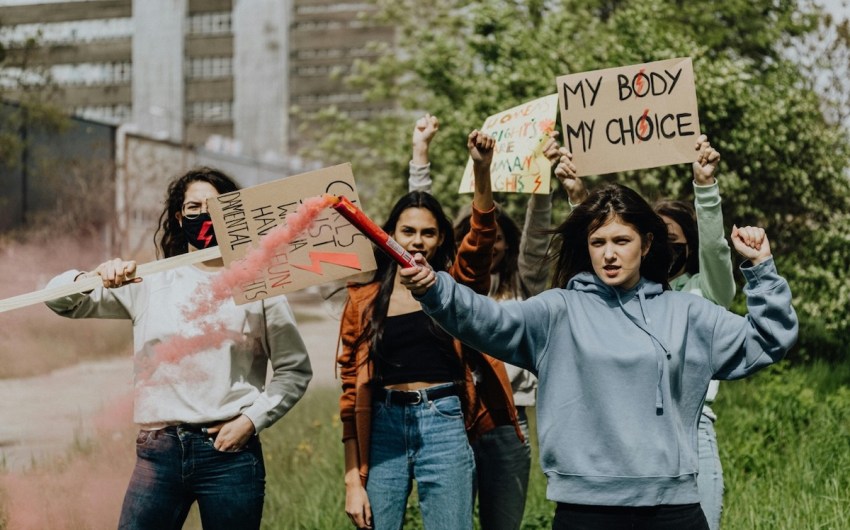

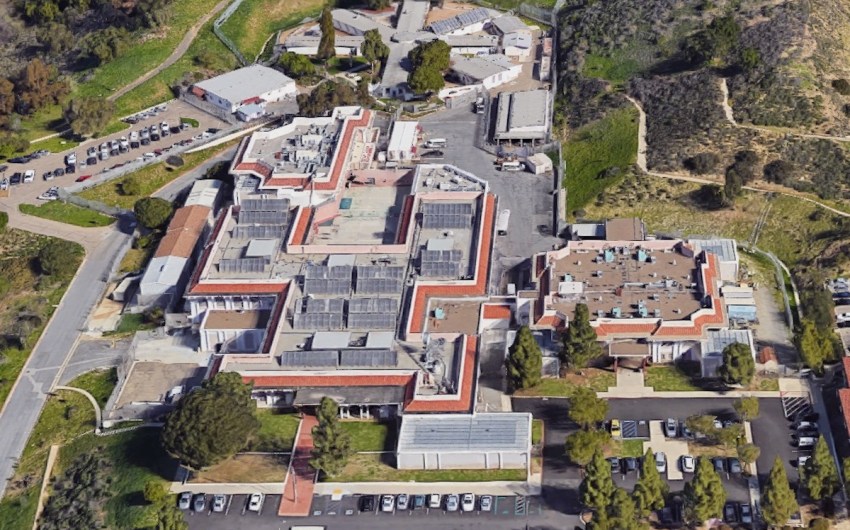
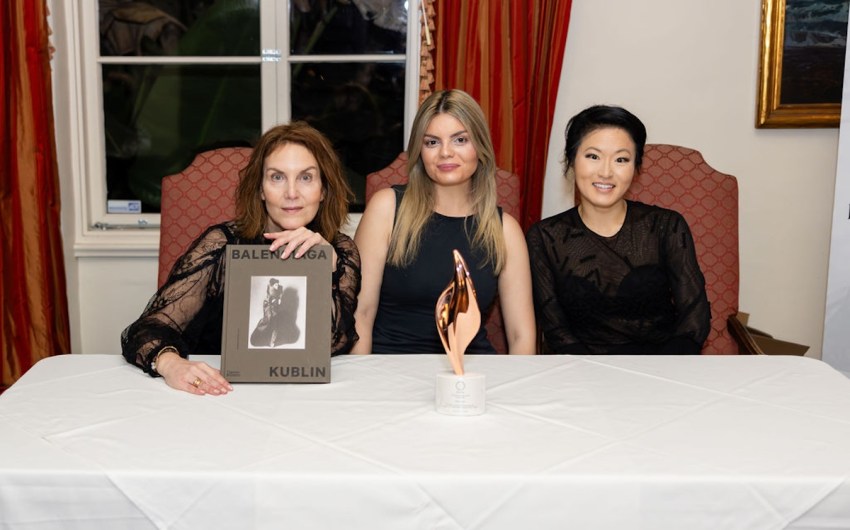




You must be logged in to post a comment.